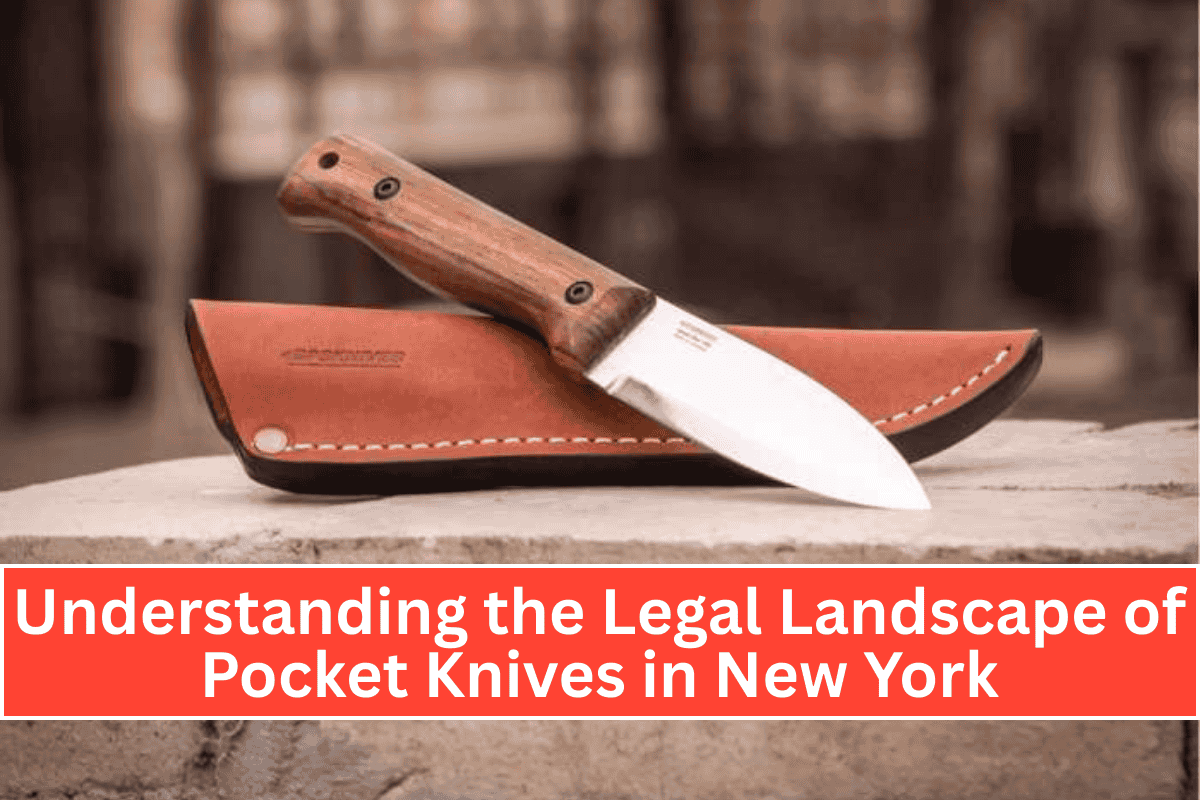New York’s knife laws can be quite complex, with various rules dictating what knives are permissible to carry and under what circumstances. Understanding these regulations is crucial to avoid legal trouble, as knife-related charges can carry significant consequences.
If you find yourself in a situation where knife laws come into play, consulting with an experienced criminal lawyer, such as those at The Law Offices of Robert Tsigler, PLLC, can be vital for navigating potential charges and understanding your rights.
Legal Blade and Length Types
In New York State, the possession of knives is legal, but certain types and their usage are restricted. Generally, you can carry folding knives with blades under four inches in length, such as pocket knives, utility knives, or chef’s knives, as long as they are used for lawful purposes.
However, some knives are strictly prohibited under any circumstances, including:
Switchblades
Ballistic knives
Cane swords
Metal knuckle knives
Pilum ballistic knives
While these knives are illegal regardless of their intended use, knives like daggers, dirks, stilettos, machetes, and other dangerous knives become unlawful when intended for illegal or harmful use.
In 2019, New York City decriminalized gravity knives, which had previously led to numerous arrests. However, possessing a gravity knife with the intention of using it unlawfully can still result in charges.
Visibility and Intent
New York City law also addresses visibility when it comes to carrying knives. You are prohibited from carrying a knife in public if it is visible, even if only part of the knife (such as the clip or hinge) is visible. This includes carrying knives in an open or exposed manner on your clothing or in a backpack.
However, there are exceptions for certain professions, such as military personnel, EMTs, and other professionals who are required to carry knives as part of their job duties.
Restrictions in Sensitive Locations
It is especially important to be aware of where knives are restricted. Schools and government buildings in New York have stringent laws prohibiting any weapons, including knives.
Local school districts are required by law to have conduct codes that explicitly forbid weapons, and carrying even something as small as a box cutter can lead to serious consequences, including arrests.
Additionally, New York’s public transportation system, especially the MTA, has a long-standing ban on carrying knives. The NYPD is authorized to detain and fine individuals carrying knives on public transportation or in transit hubs like Grand Central Terminal and Atlantic Avenue–Barclays Center.
Legal Proceedings and Knife-Related Incidents
In 2023, New York City saw a significant increase in knife-related violent incidents, with nonfatal stabbings and slashings rising by 26% compared to 2019. From January 1 to August 13, 2023, there were 3,365 nonfatal stabbings in the city, compared to 2,666 in 2019.
This rise in violent incidents has led to a more rigorous approach to weapon-related offenses by law enforcement and the judiciary.
If you are arrested for knife possession or use in New York City, your arraignment will likely take place in one of the city’s central courthouses, such as:
New York County Criminal Court at 100 Centre Street
Bronx Criminal Court at 215 E 161st Street
Brooklyn Criminal Court at 120 Schermerhorn Street
Judges in these courts are experienced in handling weapon-related offenses and may impose strict conditions for release, especially if the defendant has a history of criminal behavior.
Understanding the legal landscape of pocket knives in New York is crucial for avoiding criminal charges. While it is generally legal to own and carry knives, specific laws and restrictions exist, particularly concerning knife types, usage, and visibility.
It is also essential to be aware of stricter laws in sensitive locations like schools, government buildings, and public transportation. For those facing legal challenges related to knife possession, it’s advisable to seek legal counsel to better understand the implications and navigate the legal system effectively.












